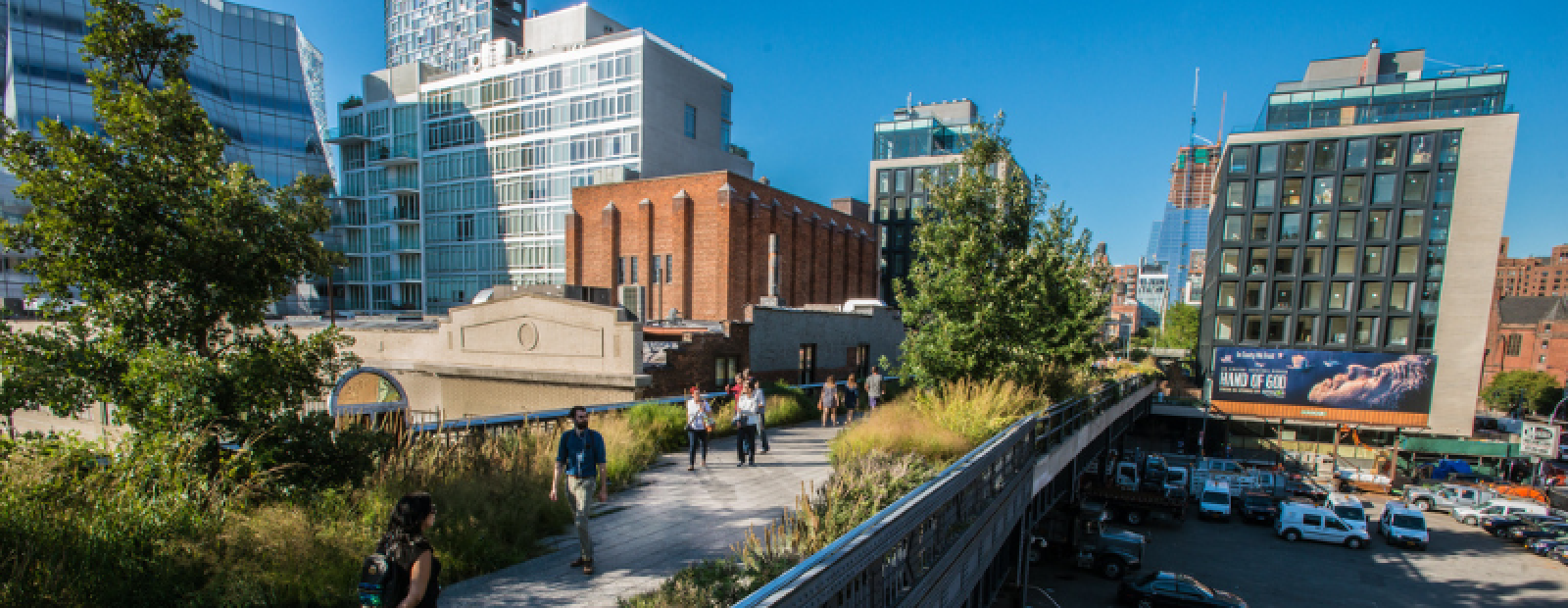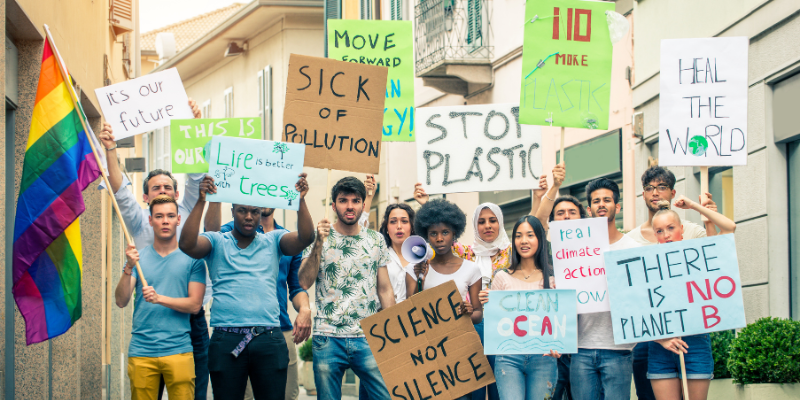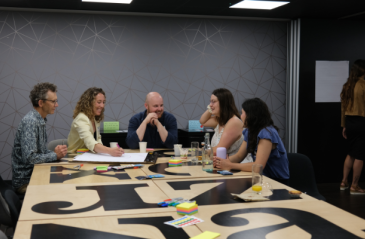
Catalyzing community-wide climate action in Moncton


Local governments are uniquely positioned to move the needle on climate action. @CPI_foundation Climate team share opportunity areas to speed progress towards city climate goals.
Share articleFrom centralizing climate information, to systemic funding architecture - explore opportunity areas to speed progress towards city climate goals from @CPI_foundation
Share article.@CPI_foundation believe that when faced with complex, systemic problems like climate change, progress is best achieved through collaboration, experimentation, and continuous learning.
Share articleWe put our vision for government into practice through learning partner projects that align with our values and help reimagine government so that it works for everyone.
We’re far from the first to say it: cities and climate change are deeply connected. It’s why we believe that local governments are uniquely positioned to move the needle on climate action. Three key points drive our logic:
Cities are responsible for more than 70% of global emissions and home to 56% of the human population.
City residents – particularly those from marginalized communities – are some of the most vulnerable to climate threats like extreme heat, flooding, and sea level rise.
Policies, initiatives, and funding from national and regional governments are critical to enabling climate action but their success hinges on quality implementation at the local level.
Although many local governments have climate action plans, many cities are struggling with implementation and are not on target to meet their goals. There are many commonly cited and legitimate reasons why cities struggle to move from planning to action in the fight against climate change. These include broad macroeconomic issues (e.g. cost of renewables), limited financial resources, lack of capacity, complicated political dynamics, and lack of workforce capabilities. But even when ample resources are available, the fragmented and siloed government institutions struggle to grapple with the systemic, cross-cutting nature of climate change.
At the Centre for Public Impact, we believe that when faced with complex, systemic problems like climate change, progress is best achieved through collaboration, experimentation, and continuous learning.
Over the last year our Climate team has harvested insights from our on-the-ground work worldwide, as well as interviews with city climate leaders and subject matter experts, to identify four opportunity areas that can enable local governments to think systemically and act locally. With 2030 looming large, these opportunity areas have the potential to speed up progress towards city climate goals.
Information is the cornerstone of learning. However, governments, businesses, and residents lack access to the information necessary to inform their climate actions. For example, a recent study of 50 U.S. cities from the Brookings Institute found that many governments lack a comprehensive understanding of the key drivers of their greenhouse gas emissions and whether their initiatives are making an impact, with less than 32% having detailed benchmarks and reporting.
If climate information is centralized, verified by those with experience and knowledge, and translated into key insights and actions, policymakers could make more informed and equitable decisions and iterate more frequently.
How we can helpCPI served as the operational partner on the Google.org Impact Challenge: Climate Innovation. Solutions funded through this competition will create critical infrastructure in building learning ecosystems necessary for governments and decision-makers to take action on climate change. Please register to join us online or in NYC on September 21 as we further explore the relationship between AI solutions and city climate solutions at a jointly hosted Climate Week event. |
To achieve net zero, we need a massive scale-up in climate investment in the range of $3-4 trillion annually through 2025. Still, only about 16% of climate finance needs are currently being met. Many cities have a climate action plan but limited strategies for getting it funded and struggle to access capital for various reasons.
Even when cities do have access to capital, they fail to deploy funds in a way that can drive transformative change. This can include a lack of resources to obtain funds for which they are eligible, lacking protocols that would integrate climate as an investment assessment priority, or a lack of access to green financial institutions or organizations to influence public pensions or procurement.
How we can helpIn partnership with the TransCap Initiative and EIT Climate-KIC, we’ve conducted a rigorous investigation into urban climate finance resulting in a value proposition: systemic funding architecture. We’re currently designing a pilot program to deploy this approach to climate finance with a small group of cities and partners. |

Local governments have significant power to reduce their emissions and build more resilient cities but often lack the capabilities and culture to use that power effectively. For example, the conditions required for rapid implementation of climate action plans - risk tolerance, trust, and learning mindset - bear little resemblance to the current paradigm of local government that is optimized for risk avoidance, control, and efficiency. If local governments are going to accelerate climate action, they must look inward and invest in new skills, relationships, and ways of working that can facilitate collaboration and experimentation.
How we can helpCPI is supporting a large US public transit agency to build their ability to collaborate, experiment, and learn - critical capabilities for their goal of transitioning to a zero emissions transit fleet over the next decade. |
Building zero carbon resilient cities will require radical transformation that can be difficult to imagine, resulting in inaction and/or short-sighted, incremental decisions. Cities need new methods of engaging and empowering key stakeholders, especially residents, to imagine and implement radical visions.
This process must prioritize engaging historically marginalized communities often left out of the process, who are on the frontlines of climate hazards and whose support will be critical to transforming the urban environment.

How we can helpCPI is partnering with the City of Melbourne to design and test an approach to community engagement that aims to build a sense of collective responsibility and agency for transformational climate action. CPI is also partnering with UNDP on the Youth4Climate Challenge, which supports youth-led and youth-inclusive climate action on the ground through an Impact Challenge and mentoring/learning journey for young people working on climate action. CPI Europe is hosting a 3-day programme, ‘Convening Conversations on Climate Action’ exploring theories, concepts, and practices to support leaders in better facilitating dialogue and action around the complex issue of climate change. |
Over the coming months, we'll share reflections on these opportunity areas, gleaned from our on the ground work.
If you want to learn more about our work and/or partnering with us, get in touch.





